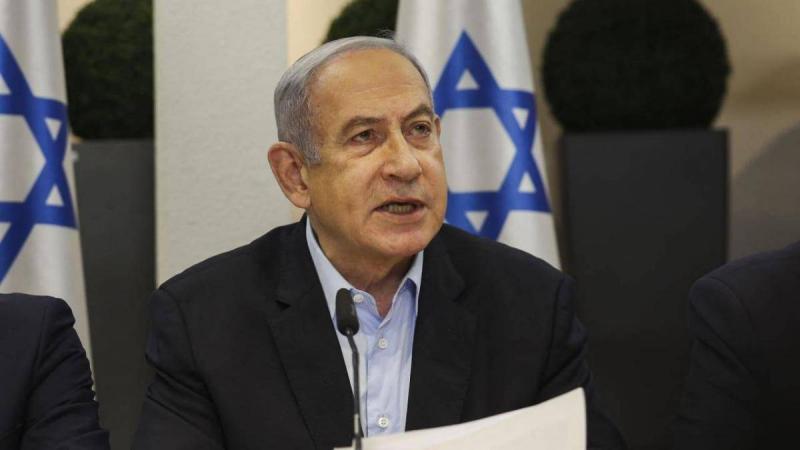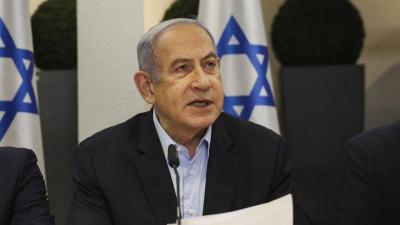Amid extensive American efforts over the past week, and still ongoing, to avoid the outbreak of a large-scale war in the region due to Iran's anticipated response to Israel's assassination of Hamas leader Ismail Haniyeh in Tehran on July 31, Washington's concerns appear to stem from its ally, Israeli Prime Minister Benjamin Netanyahu. American circles are worried about Netanyahu's excessive recklessness, which could indeed ignite a widespread conflict in a region that has been tense for months. The American fear of an uncontrolled Iranian response is reportedly less than the concern surrounding Netanyahu and his behavior should Iran strike Israel, according to American officials familiar with the matter, as reported by the "Washington Post". They clarified that some Iranian officials have indirectly communicated to the American administration through allies that the response to Haniyeh's assassination would be measured and precisely calculated.
**Tehran's Retreat?**
An informed American official suggested that Iran might retract its threats of a devastating response to Tel Aviv, especially after recent American military movements in the region, coupled with the political and diplomatic efforts that have been made lately. These leaks coincided with statements made on Tuesday night by Hezbollah leader Hassan Nasrallah during a speech commemorating the week since the assassination of one of its senior leaders, Fouad Shukr, in the southern suburbs of Beirut. He indicated that the "Resistance Axis," referring to the factions and armed militias aligned with Iran, has informed Tehran and Damascus that they do not want to engage in a large-scale war with Israel but instead are seeking material, political, and technical support from the two countries, which implies a perceived reduction in the expected Iranian response, as confirmed by many observers and political analysts.
Nasrallah also affirmed that Hezbollah's response to Shukr's assassination is inevitable, as is the Iranian response to Haniyeh’s killing, although he did not specify the means or timeline. He considered that the delay in this response constitutes "playing on the nerves of the Israelis," especially since Israeli forces have been on high alert for a week. He hinted that their response could be joint and simultaneous with other armed factions loyal to Tehran or separated as well.
It remains unclear how and when the Iranian response will come, as they have repeatedly confirmed in recent days that the retaliatory strike is coming without a doubt. Some Israeli expectations suggest that Hezbollah may exact its revenge before Iran does. Meanwhile, American observers and officials believe that the response could be joint between Hezbollah and Tehran, along with some affiliated militias in the region. Since the assassination of Haniyeh on July 31, the region has been experiencing unprecedented tension following Haniyeh's assassination and the bombing of the southern suburbs of Beirut, amid international fears of a major war outbreak, which has led many Western countries to suspend and delay certain flights to Beirut and Tehran, urging their citizens in both countries to leave.




